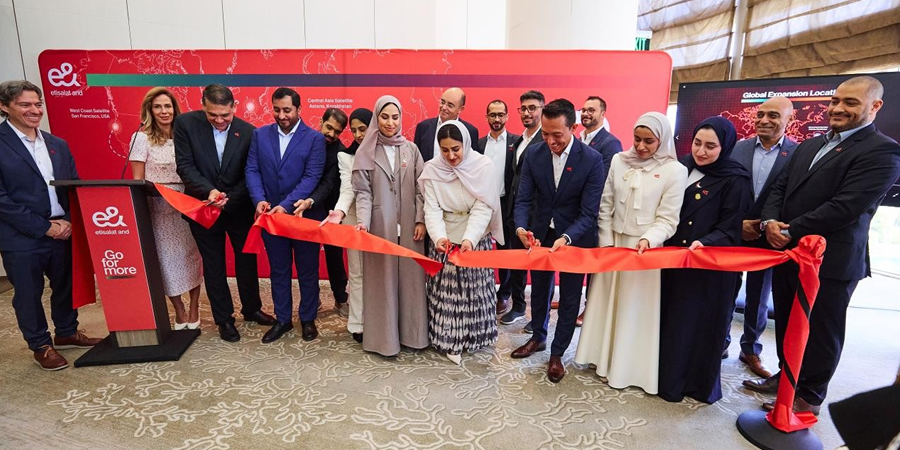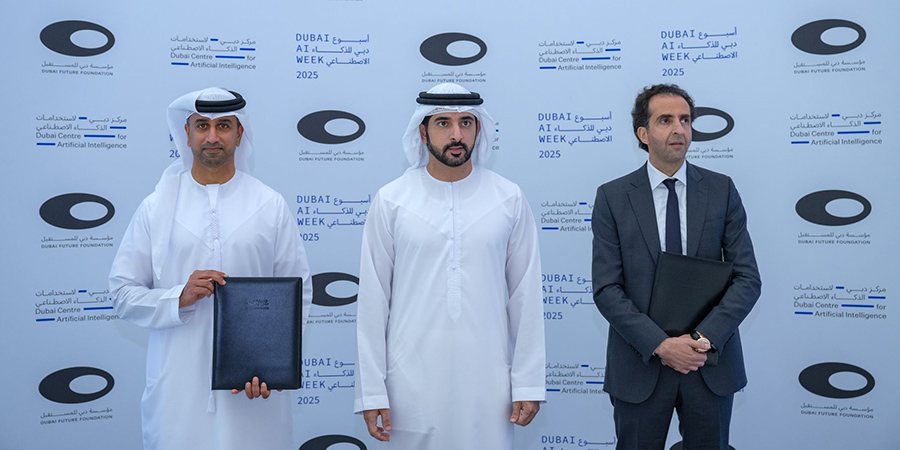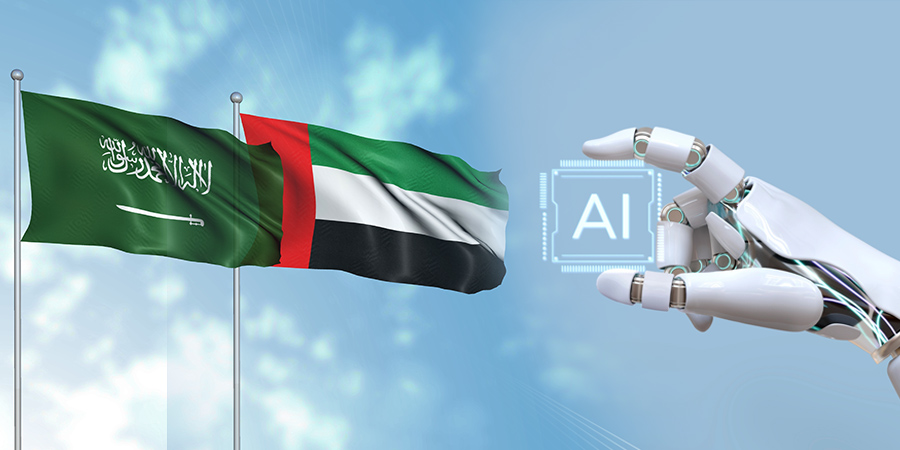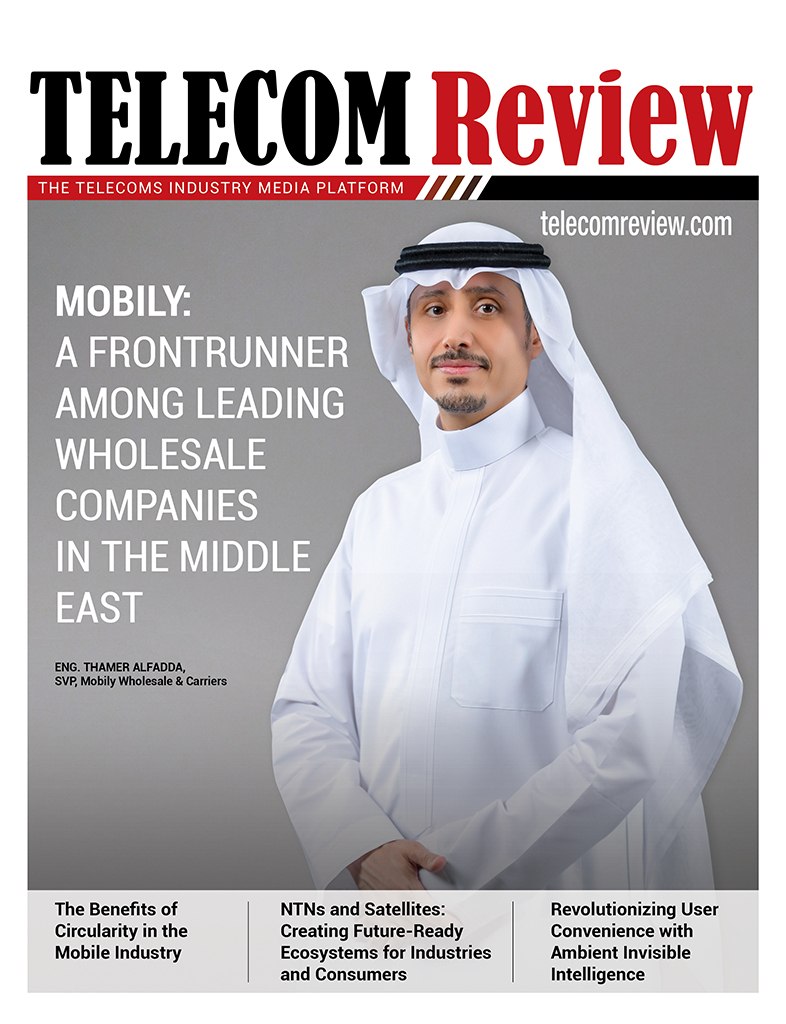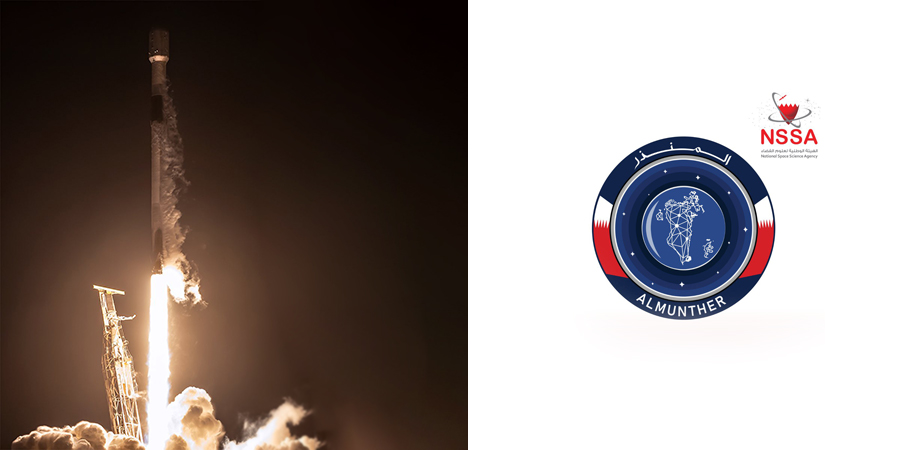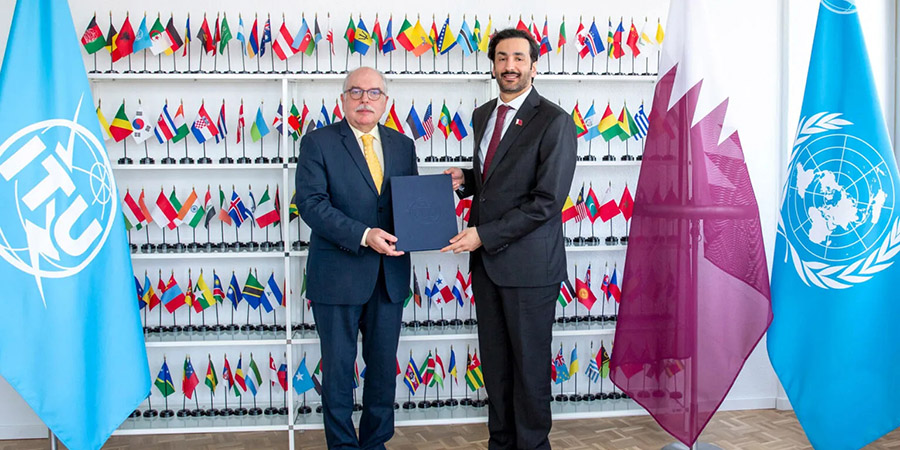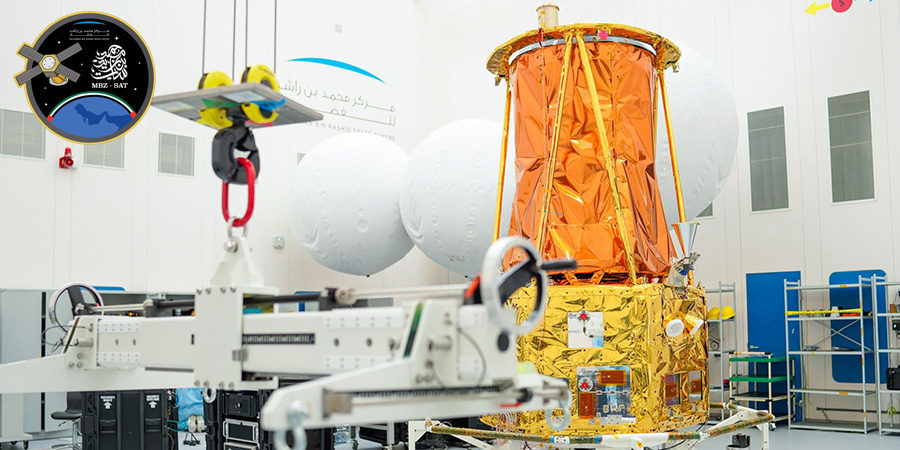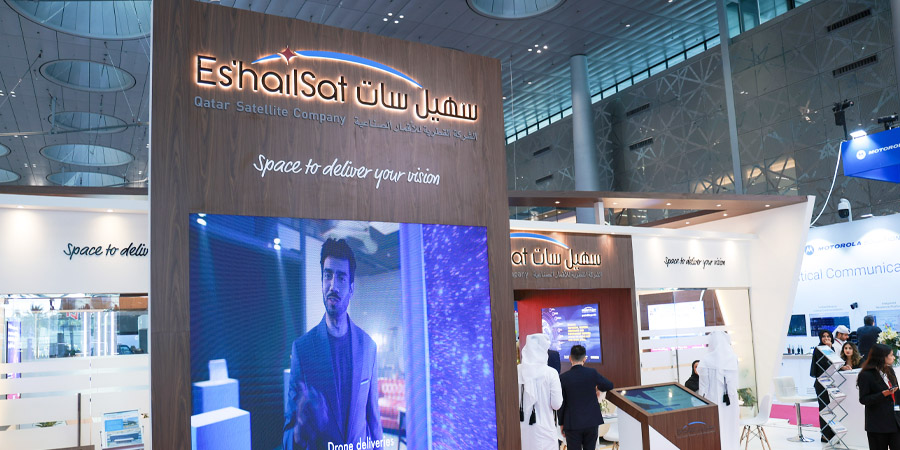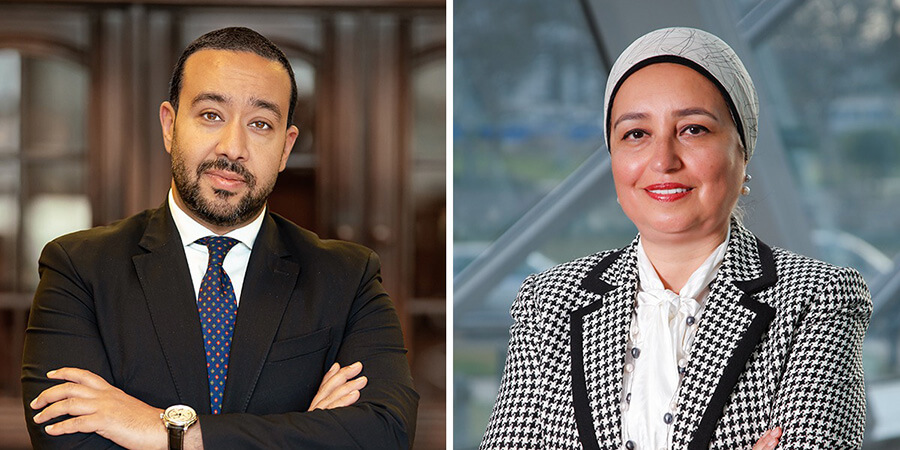With the fast-paced growth of mobile technology, the Middle East has witnessed a significant surge in the number of must-have mobile apps, catering to every aspect of modern-life conveniences.
From government services to food delivery, and beyond, these apps have become integral to enhancing productivity, connectivity, and leisure in this digitally evolving region. Let’s dive into the essential apps you need to navigate daily life in the Middle East, emphasizing those that reflect the unique culture, needs, and technological advancements of Arab countries.
Government and Essential Services
One of the most downloaded apps, Absher, offers a gateway to various government services, helping users renew IDs, apply for visas, and much more right from their smartphones. Similarly, Eatmarna facilitates Muslim pilgrims in applying for permits to perform Hajj and Umrah, ensuring a seamless spiritual journey planning.
Transport and Navigation
Finding your way around or getting a ride has never been easier, thanks to apps like Uber and Careem. These ride-sharing services offer a convenient, timely, and often luxurious way to travel, adapting well to the bustling city-life of Arab countries. For those driving, Mawgif provides an innovative solution to parking, using GPS to find and manage parking spaces, a blessing in densely populated areas.
Food Delivery
The lifestyles of many in the Middle East demand convenient meal solutions, making Hunger Station and Zomato indispensable. These apps connect users with a wide range of restaurants, allowing for instant access to diverse cuisines delivered directly to your door, satisfying cravings with just a few taps.
Connectivity and Communication
In a region where connectivity is paramount, apps like IMO and WhatsApp have become central to keeping in touch. IMO offers video and text options without the heavy charges, while WhatsApp has recently made its full feature set available in Arab countries, revolutionizing communication.
Payments and Transactions
The digital revolution has also transformed how we manage money. Mada Pay is a standout app allowing users to make purchases using their smartphones, combining convenience with top-tier security. This move towards digital wallets is indicative of the Middle East's swift adoption of fintech innovations.
Entertainment and Leisure
For those looking for entertainment options, online casinos have become increasingly popular in the Middle East. A top destination for this is CasinoElArabs, offering a wide range of games and betting options, bringing the casino experience to your fingertips anywhere, anytime.
Challenges and Trends
Navigating the digital landscape of the Middle East comes with its unique challenges, such as localization, language support, and adherence to cultural norms. However, these hurdles also present opportunities for app developers to innovate and cater to the specific needs of this diverse and tech-savvy market.
The Mobile Boom: Dubai and Saudi Arabia at the Forefront
Dubai and Saudi Arabia are leading the mobile app boom in the Middle East, with both nations investing heavily in digital infrastructure and innovation. Dubai, known for its futuristic vision, has become a hub for mobile app development, attracting talent and startups from across the globe. Meanwhile, Saudi Arabia's Vision 2030 and National Transformation Program are propelling the kingdom into a digital future, with a strong emphasis on mobile technology. This visionary approach is opening up new avenues for app developers and companies to create solutions tailored to the dynamic needs of the Middle East.
Looking Ahead
As we glance into the future, the trajectory of mobile apps in the Middle East is set to soar even higher. With government backing, a growing population of digital natives, and a flourishing tech scene, the region is ripe for the next wave of mobile innovations. Dubai and Saudi Arabia, in particular, are poised to remain at the vanguard of this revolution, setting trends and fostering a vibrant ecosystem where technology can thrive.
Wrapping Up
The landscape of mobile applications in the Middle East is a testament to the region's adaptability, innovation, and forward-thinking attitude towards technology. Whether it’s streamlining daily tasks, staying connected with loved ones, indulging in entertainment, or navigating the digital marketplace, there’s an app out there enriching the lives of users across the Arab world. As technology continues to advance, the possibilities seem limitless, promising a future where mobile apps play an even more integral role in shaping our experiences and interactions in the Middle East.
Best Mobile Apps To Have In the Middle East
Tools
Typography
- Smaller Small Medium Big Bigger
- Default Helvetica Segoe Georgia Times
- Reading Mode




